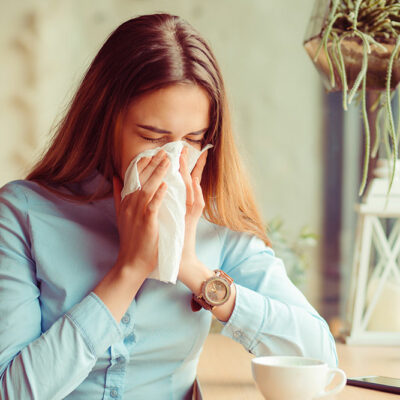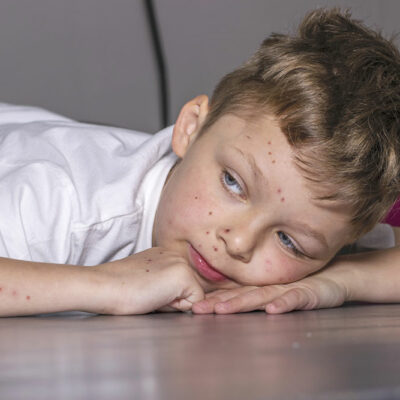
Lifestyle Tips for Managing ADHD
Attention deficit hyperactivity disorder, or ADHD, is a medical condition with differences in the development and activity of the brain that impact attention, self-control, and the ability to sit in stillness. Its key symptoms include the inability to focus, excess movement that is not suited to the setting, and impulsive acts occurring in the moment with no prior consideration. While scientists have yet to identify ADHD’s causes, evidence supports genetics.
Treatment strategies involve medication, psychotherapy, and strategies for behavior management:
1. Get sufficient sleep
Many times people with ADHD, both children and adults, view sleep as a waste of their time or have difficulty quieting their minds enough to find restful slumber. This is problematic as adequate sleep provides an enormous benefit to both body and brain. Sleep that is restful and restorative is a powerful tool for maintaining daily attention and regulating mood. It also powers learning; the brain is quite active during sleep, replaying and consolidating the information that it received throughout the day.
2. Get more exercise
Participating in regular exercise can help to manage the symptoms of ADHD. If nothing else, it helps to channel excess energy. In addition, team sports as a form of regular exercise can assist in the ability to work with other people, learn to set reasonable goals and realize them, and in general feel better about oneself. Some research also indicates that physical activity stimulates those areas of the brain that are associated with ADHD. Activities such as karate and yoga may be ideal for those with ADHD because they involve the memorization of movements.
3. Eat omega-3 fatty acids and micronutrients
An ADHD diet should involve both omega-3 fatty acids and micronutrients, such as zinc, vitamin D, and iron. Omega-3 fatty acids, which are found in nuts, fish, and high-fat foods, have been shown to improve signal strength in the brain. Brain signaling also relies on the aforementioned micronutrients; if there is a deficiency in these nutrients, impulse control, attention, and focus can suffer.
4. Get used to synergy
Diet, sleep, and exercise have an overlapping factor and interact together throughout each day. Food that is nutritious allows for energy for exercise that is more intense; intense exercise gives the body better preparation for sleep that is restful and restorative. While diet, sleep, and exercise will not replace therapy or medication in a plan for ADHD support, they are useful as complementary treatments. Balance is important in life with ADHD.
ADHD is a complicated condition that can make life difficult to traverse. However, with ADHD treatments that include proper sleep, healthy nutrition, and regular exercise all working together, it can be manageable. Children and adults alike can benefit from these four steps toward treating ADHD with lifestyle changes.


